Before gaining fame as the iconic voice behind Darth Vader in ‘Star Wars,’ James Earl Jones had a significant chapter in his life. During his youth, Jones responded to his country’s call and served in the United States Army during the Korean War. His military experience profoundly influenced his character and laid the foundation for his exceptional journey in the entertainment industry.
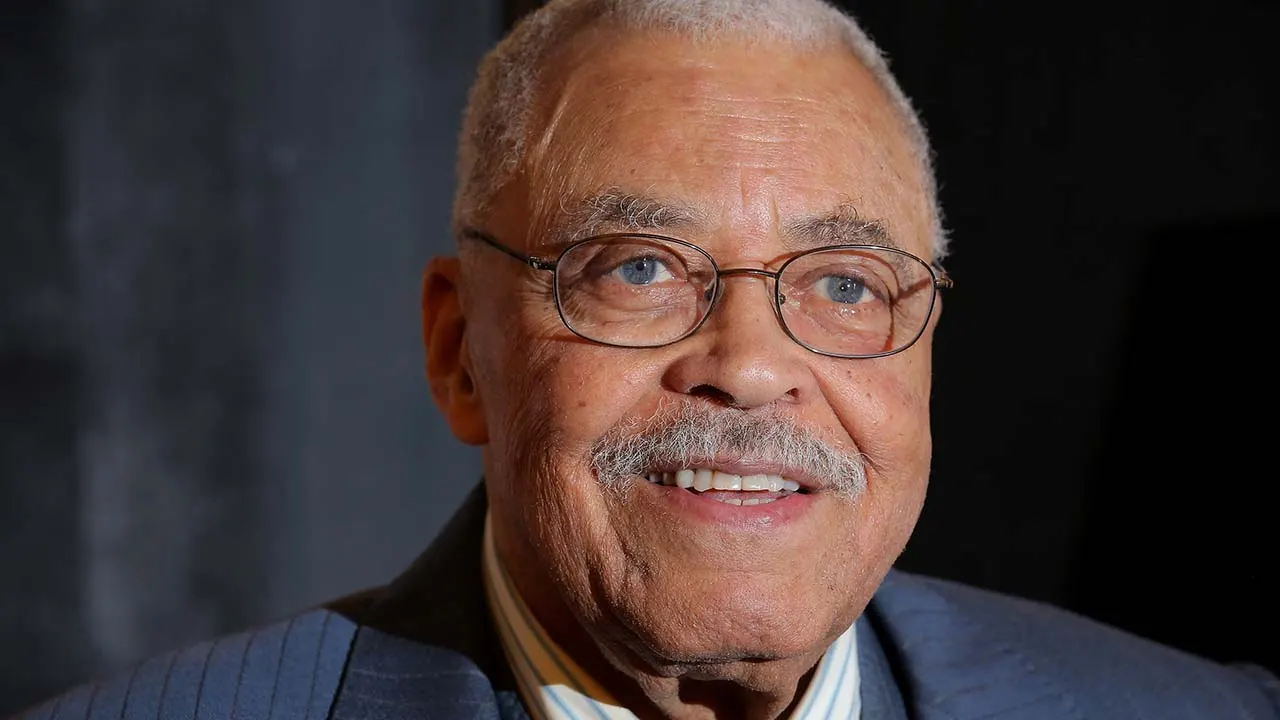
James Earl Jones’s Early Years
James Earl Jones was born on January 17, 1931, in Arkabutla, Mississippi. His father, Robert Earl Jones, a boxer and actor, was largely absent from his life growing up. At an early age, Jones was raised by his maternal grandparents on their farm in Michigan. He is of Irish, Cherokee and African descent.
Jones developed a severe stutter in childhood, which left him terribly self-conscious and shy around other children. He refused to speak in school until a teacher helped him out of his silence during his high school years. “I had a great English teacher who believed in language,” Jones later told the Hollywood Reporter. “And he looked at a poem I wrote and said, ‘It’s too good for you to have written, so to prove you wrote it, please stand up in front of the class and recite it from memory.’ And I did it without stuttering.”
In the early 1950s, Jones went to Michigan as a pre-med student, funded by the university’s Reserve Officers’ Training Corps. However, he quickly lost interest in becoming a physician but found that he thrived in the military culture.
James Earl Jones Enlisted in the U.S. Army during the Korean War
Jones would have joined the Army that summer, regardless of his future plans. In 1953, James Earl Jones finished his studies at the University of Michigan and became a second lieutenant in the military.
In the summer of 1953, Jones was reported to Fort Benning, Georgia, for the Officers Basic Course, followed by Ranger School. Jones was later assigned to the 38th Regimental Combat Team, where he played a crucial role in establishing a cold weather training command at Camp Hale near Leadville, Colorado.
Jones stated that he felt comfortable within the military environment and enjoyed the camaraderie with his fellow cadets in the Pershing Rifles Drill Team and Scabbard and Blade Honor Society. The same talent that helped him succeed in the Pershing Rifles also led him to Michigan’s School of Music, Theatre & Dance. He knew he wanted to be an actor, he called his fellow cadets “the only semblance of a social life.
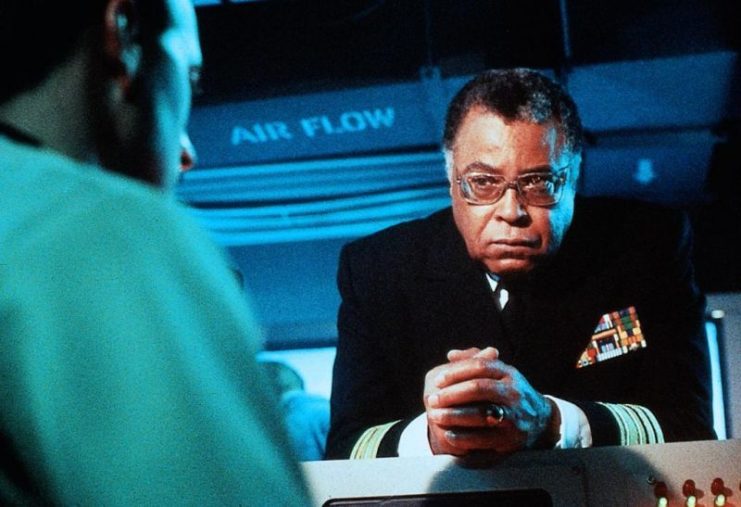
“Our regiment was established as a training unit, to train in the bitter cold weather and the rugged terrain of the Rocky Mountains,” Jones told the Army in an interview. “I took to the physical challenge, so much so that I wanted to stay there, testing myself in that awesome environment, mastering survival skills.
“I loved the austere beauty of the mountains and the exhilaration of the weather and the altitude. I didn’t mind the rigors of the work or the pioneer-like existence. I thought it was a good life.”
In 1955 following his assignment, Jones received an honorable discharge as a first lieutenant. When the moment arrived to determine if the Army would be his lifelong career, his commanding officer posed a crucial question: “Is there anything you feel like doing on the outside?”
Jones’ father, Robert Earl Jones, had been an actor, gracing the stage with his performances when James was young. In response, Jones expressed his long-standing desire to follow in his father’s footsteps. His commander advised him that he could return to the Army anytime, but he should chase his dreams for the time being.
He relocated to New York City, where he enrolled at the American Theater Wing using his GI Bill benefits, simultaneously working as a janitor to sustain himself.
James Earl Jones Made His Broadway Debut
He landed his initial acting roles in Michigan at the Ramsdell Theatre in Manistee, a place where he had previously held jobs as a carpenter and stagehand. Two years later, he was a lead actor. In 1957 James Earl Jones made his Broadway debut. For several years, he took on a variety of roles on the stage, on television, and in film. Jones was active in the Shakespeare in the Park program, appearing in one of its first productions in 1962, and in 1964, he gave a tremendous performance as the title character in Othello – he would go on to play this character numerous times.
In 1963, Jones picked up an Emmy Award nomination for his performance on the TV show East Side/West Side. In 1964 he played Lieutenant Lothar Zogg, a B-52 Stratofortress bombardier in Stanley Kubrick’s war satire “Dr. Strangelove or: How I Learned to Stop Worrying and Love the Bomb.”, starring Peter Sellers and George C. Scott.
James Earl Jones Actor Career Breakthrough
In 1966 on the stage, Jones had a career breakthrough: he starred as boxer Jack Jefferson in the 1966 Broadway drama The Great White Hope, and the performance brought him his first Academy Award nomination for Best Actor, making him the second Black man to receive the nod.
In the 1974 romantic comedy-drama film “Claudine,” James Earl Jones showcased his exceptional acting prowess alongside the talented Diahann Carroll.
Jones’s performance in “Claudine” was nothing short of remarkable, capturing the complexities of his character with authenticity and depth. His portrayal of Roop’s genuine love and support for Claudine resonated strongly with audiences, earning him a well-deserved Golden Globe nomination. The film itself was widely praised for its realistic depiction of urban life, tackling themes of love, family, and social challenges with a poignant and heartfelt approach.
Iconic Voice of Darth Vader in the Original “Star Wars” Trilogy
Famous for his distinctively deep and rich voice, Jones began one of his most famous film roles in the late 1970s: performing the voice of Darth Vader in Star Wars (1977), The Empire Strikes Back (1980) and Return of the Jedi (1983).
On the big screen, Jones often played strong, authoritative characters. He played a Navy admiral in 1990’s The Hunt for Red October – a role he reprised in Patriot Games (1992) and Clear and Present Danger (1994). That same year, he lent his commanding voice to the hit animated film The Lion King.
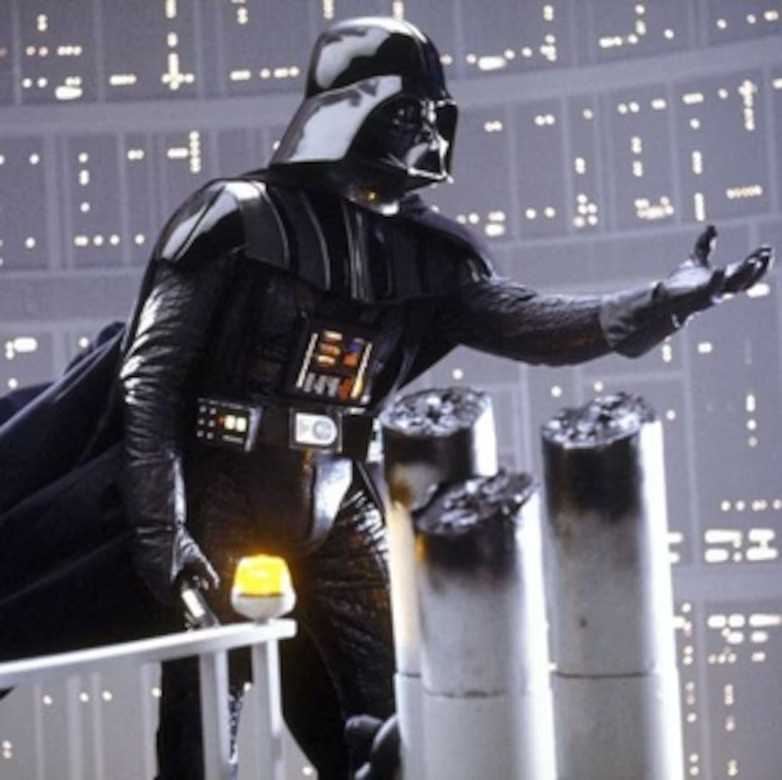
Jones thrived on TV as well, winning a pair of Emmy Awards in 1991, for his leading role on the dramatic series Gabriel’s Fire and his supporting role in the miniseries Heat Wave. On Gabriel’s Fire, which ran from 1990 to ’91, he starred as a former cop who was released from prison after being convicted of murder.
In 1992, a momentous occasion marked James Earl Jones’s profound impact on the arts and culture of the United States. President George H.W. Bush, recognizing Jones’s exceptional contributions, bestowed upon him the National Medal of the Arts. This prestigious accolade not only honored Jones’s remarkable talent but also celebrated his significant influence on artistic talent, highlighting his enduring legacy in the realms of film, theater, and storytelling.
Jones tried his hand at series TV again in 1995 with the short-lived drama Under One Roof. He also made guest appearances on such shows as Frasier and Everwood.
Jones Continues to Juggle a Variety of Film, TV and Stage Roles
In more recent years, Jones, now in his 80s, continues to juggle a variety of film, TV and stage roles and remains an in-demand actor. In 2005, he earned another Tony nomination (best leading actor in a play) for his work on On Golden Pond (Leslie Uggams co-starred in the production). Three years later, he played Big Daddy in the revival of Tennessee Williams’s classic Cat on a Hot Tin Roof, co-starring with Terrence Howard and Phylicia Rashad.
In 2012, Jones earned a Tony nomination for his performance in the revival of The Best Man by Gore Vidal. Around this same time, he was cast alongside Vanessa Hudgens and Rosario Dawson in the 2013 drama Gimme Shelter, and alongside Peter Dinklage and Mila Kunis in the dramatic comedy The Angriest Man in Brooklyn.
Over the years, Jones has received many accolades for his contributions to the arts, including a Kennedy Center Honor in 2002 and an honorary Academy Award in 2011—the Academy of Motion Picture Arts and Sciences bestowed this award to Jones for “his legacy of consistent excellence and uncommon versatility,” according to the academy’s website.

Besides acting, Jones is also an accomplished author. He has penned several books, including children’s books and an autobiography titled “James Earl Jones: Voices and Silences.” Additionally, his commanding voice has been used for various narrations, including documentaries and television shows.
James Earl Jones: The Most Memorable Movie Quotes
James Earl Jones, the esteemed actor celebrated for his powerful voice and remarkable talent, has graced the screen with numerous unforgettable lines in a variety of iconic roles. Here the selection provided here captures only a fraction of his impactful extensive filmography.
“The Great White Hope” (1970):
“I am what I am, and I’m not ashamed of it.”
“Star Wars: Episode IV – A New Hope” (1977):
“I find your lack of faith disturbing.”
“The Force will be with you, always.”
“What daring! What outrageousness! What insolence! What arrogance… I salute you.”
“People will come, Ray. They’ll come to Iowa for reasons they can’t even fathom. They’ll turn up your driveway not knowing for sure why they’re doing it. They’ll arrive at your door as innocent as children, longing for the past.”
“Everything the light touches is our kingdom.”
“Simba, you have forgotten me. You have forgotten who you are and so have forgotten me. Look inside yourself, Simba. You are more than what you have become.”
“Baseball is a beautiful thing, it’s part of our pastime. It’s the history, the color, the excitement, the whole package.”
“Everything you see exists together in a delicate balance. As king, you need to understand that balance and respect all the creatures, from the crawling ant to the leaping antelope.”
These quotes showcase Jones’s exceptional ability to breathe life into characters and moments, leaving a lasting impression on audiences. His rich, resonant voice and profound delivery have etched these lines into the annals of cinematic history, highlighting his enduring influence on the world of film and television.
James Earl Jones’s Philanthropic Efforts and Charitable Contributions
James Earl Jones, renowned for his commanding voice and acting prowess, is equally impactful in the realm of philanthropy. His charitable efforts have left a lasting imprint on various causes, showcasing his commitment to making a difference.
One of Jones’ significant contributions lies in his support for education. He has been a staunch advocate for literacy programs and initiatives aimed at improving educational opportunities for underserved communities. Through his involvement with various educational foundations, Jones has championed the importance of accessible and quality education for all.
Jones has been actively involved in charitable organizations dedicated to the arts. His passion for theater and the performing arts is evident in his support for theaters, museums, and cultural institutions. By promoting artistic expression and creativity, he has played a vital role in preserving and enriching the cultural landscape.
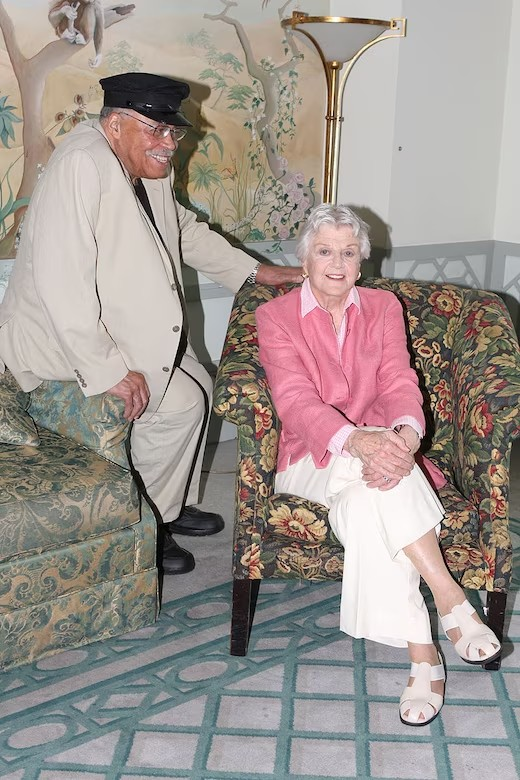
Jones has been a vocal supporter of initiatives related to healthcare and medical research. His contributions to healthcare organizations have facilitated advancements in medical science, leading to improved healthcare services and treatments for countless individuals.
Jones spent a part of his childhood on his grandparents’ farm in Michigan, where he developed a strong connection with nature and animals. This rural upbringing influenced his worldview and later philanthropic efforts related to environmental conservation.
In his philanthropic journey, James Earl Jones has not only donated substantial funds but has also lent his influential voice to raise awareness about various social issues. Through his advocacy and charitable endeavors, he continues to inspire others to contribute to the betterment of society, leaving an enduring legacy of compassion and generosity.
James Earl Jones’s Awards and Honors
James Earl Jones has received numerous awards and honors throughout his illustrious career.
Academy Awards (Honorary):
2011: Honorary Academy Award for his exceptional achievements in the industry.
Tony Awards:
1969: Tony Award for Best Actor in a Play for his role in “The Great White Hope.”
1987: Tony Award for Best Actor in a Play for “Fences.”
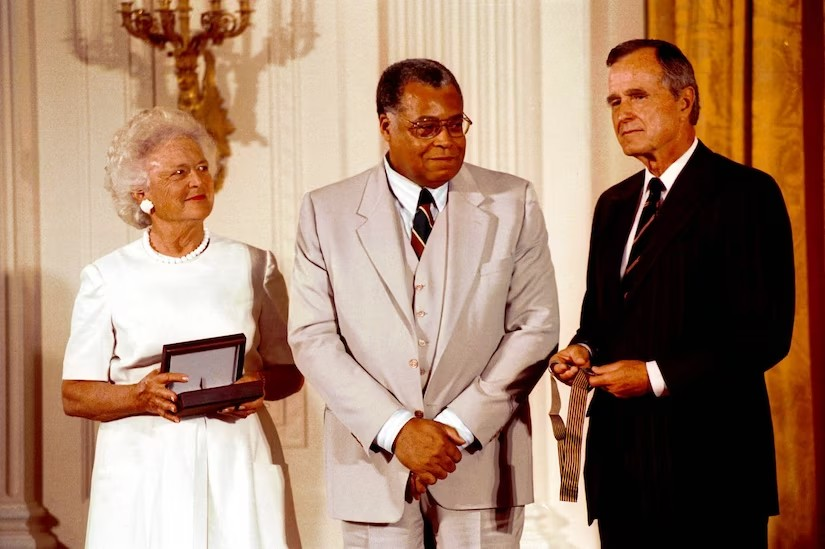
Emmy Awards:
1992: Primetime Emmy Award for Outstanding Voice-Over Performance for “The Simpsons.”
Grammy Awards:
1977: Grammy Award for Best Spoken Word Album for “Great American Documents.”
Screen Actors Guild Awards:
2009: Screen Actors Guild Life Achievement Award for his outstanding career and humanitarian accomplishments.
Kennedy Center Honors:
2002: Received the Kennedy Center Honors, celebrating his lifetime contributions to American culture through the performing arts.
James Earl Jones’s illustrious career is adorned with a myriad of prestigious awards and honors, each accolade a testament to his exceptional talent and enduring impact on the entertainment industry. From the coveted Academy Award bestowed upon him in 2011 to his Tony Awards for outstanding theatrical performances in “The Great White Hope” and “Fences,” Jones’s artistic brilliance has been widely celebrated. But even amidst a lifetime of achievements, he cherishes his days in the Pershing Rifles as some of the best years of his life.
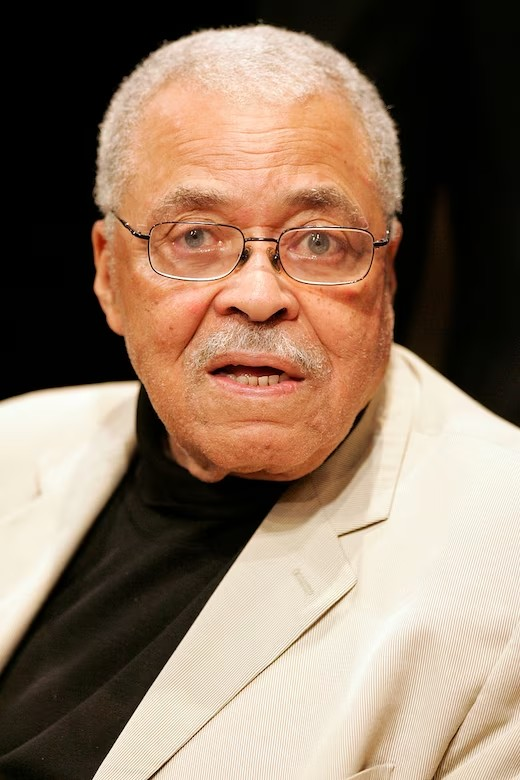
James Earl Jones’s military service played a pivotal role in shaping his character and influencing the path of his life. His journey from the military to the world of films serves as a testament to his resilience and unwavering determination. Recognized as an American icon, James Earl Jones’s dedication and tenacity have inspired generations. Jones has been called “one of the greatest actors in American history” and “the best-known voice in show business.” TogetherWeServed proudly honors him as a famed actor, celebrating his remarkable achievements and the indomitable spirit that defines his extraordinary story.
James Earl Jones Died at 93
James Earl Jones, whose legendary voice and commanding presence captivated audiences for over six decades, passed away on September 9, 2024, at 93. His family shared that Jones died peacefully at his home in Dutchess County, New York, surrounded by loved ones. While no specific cause of death was disclosed, the impact of his loss is deeply felt across the entertainment industry.
Bob Iger, CEO of The Walt Disney Company, reflected on Jones’ profound influence, stating, “From Mufasa’s wisdom to Darth Vader’s intensity, James Earl Jones brought some of the most memorable characters in film history to life. His unparalleled ability to convey depth and emotion through his voice has left a lasting legacy.”
With nearly 200 film and television credits, Jones’ career spanned from small-town theaters to Hollywood’s biggest stages, earning him countless accolades and the admiration of fans worldwide.
Read About Other Celebrities Who Served
If you enjoyed learning about James Earl Jones’s service in the military, we invite you to read the stories of other remarkable celebrities who served on our blog. In addition to our profiles of celebrities who served, we share military book reviews, veterans’ service reflections, famous military units, and more on the TogetherWeServed.com blog. If you are a veteran, find your military buddies, view historic boot camp photos, build a printable military service plaque, and more on TogetherWeServed.com today.

We lost a great soldier and citizen along with an outstanding actor. RIP.
The black and white photo is that of his father (also an actor of note)and the young man in uniform is wearing a 3rd Infantry Div. Patch and not wearing a Korean era uniform (also incorrect rank…Jones was never a SPEC).Otherwise a good pocket bio .
On second inspection ,the soldier in picture is not wearing a 3rd Infantry. Div. Patch .Have no idea who he his ,but served much later than the Korean War.
The picture of James Earl Jones is uniform is actually a cropped photo Ice-T as a SP4 in 1979.
Born January 17, 1931
Arkabutla, Mississippi, U.S.
Died September 9, 2024 (aged 93)
Pawling, New York, U.S.
R.I.P. Lt. Zogg
Is was a great pleasure watching James Earl Jones on stage with Cicely Tyson in THE GIN GAME nine years ago at the Golden Theatre in Manhattan. Both in their 80’s and still able to memorize a two-hour dialogue for the play. He was mesmerizing.
James Earl Jones is a Totally new kind of Soldier. He his one who recognized the meaning of being a True Soldier.
Thomas A Miller
10th SPECIAL FORCES GROUP
Thank you for writing this epic word of A Man OF MANY MEN!
THOMAS A Miller
10th Special Forces Group